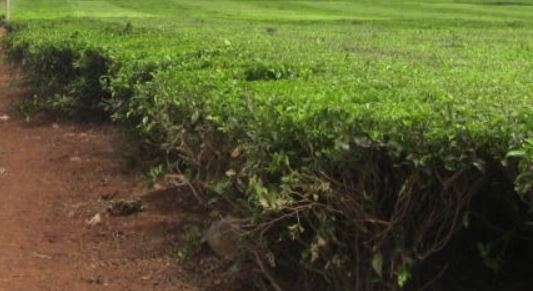×
The Standard e-Paper
Stay Informed, Even Offline

KERICHO, KENYA: It is 5 am and a group of tea pluckers put aside their cups of tea, pick up sacks and dash to pluck tea at Unilever tea company plantation in Kapsaos in the company’s Kapkorech division/Kimugu operation unit.